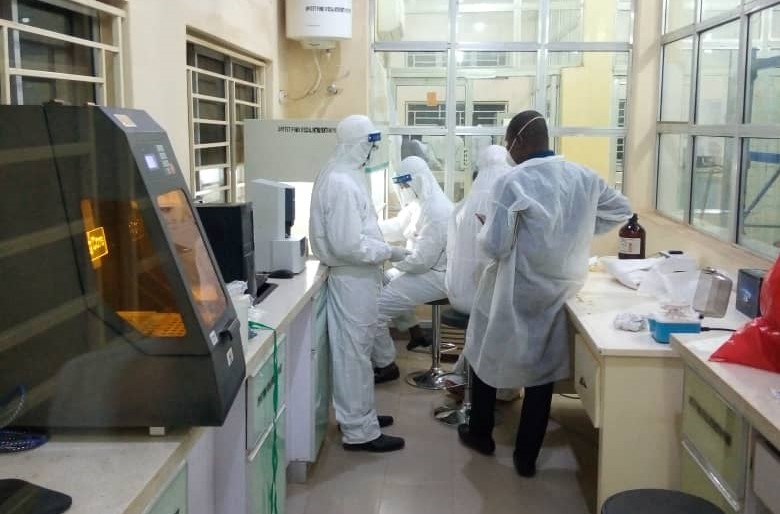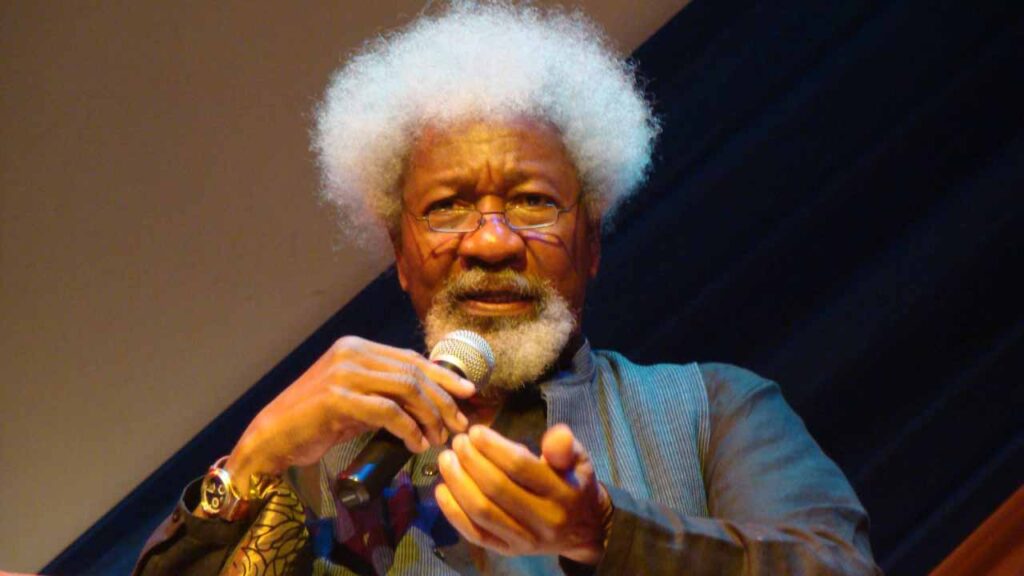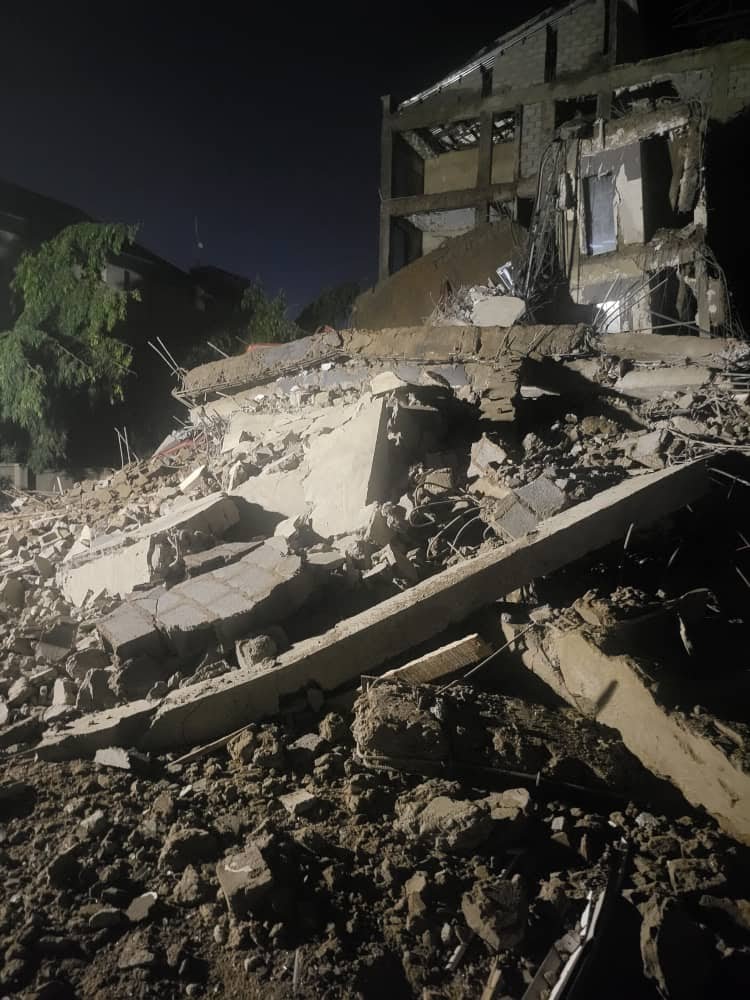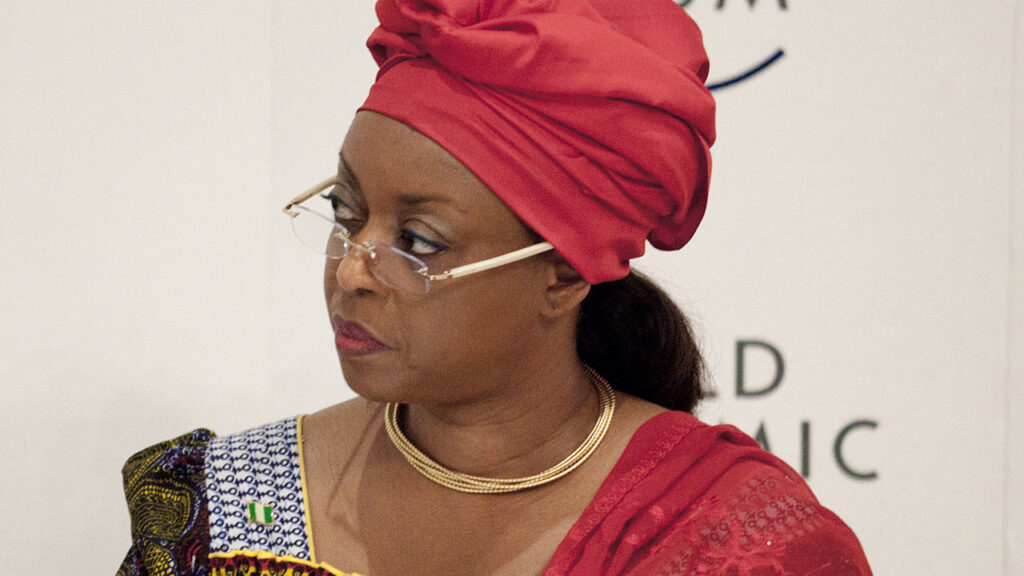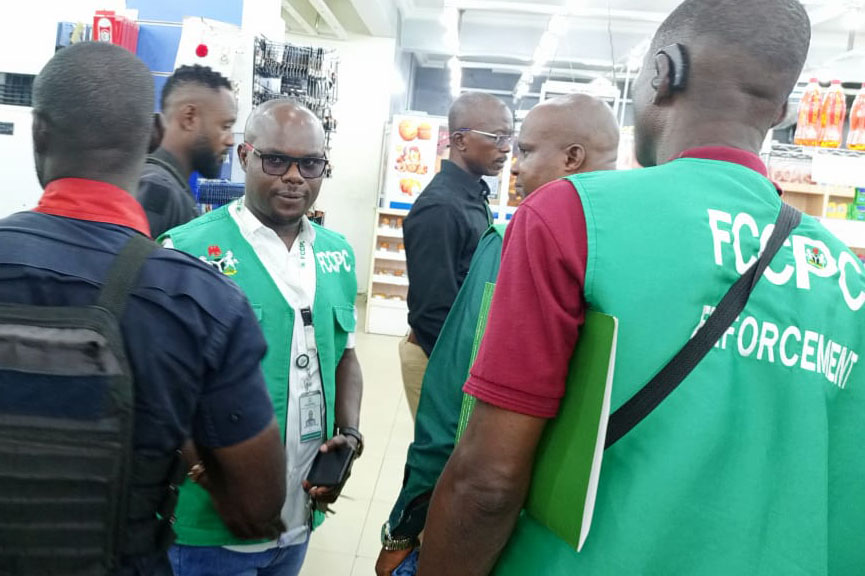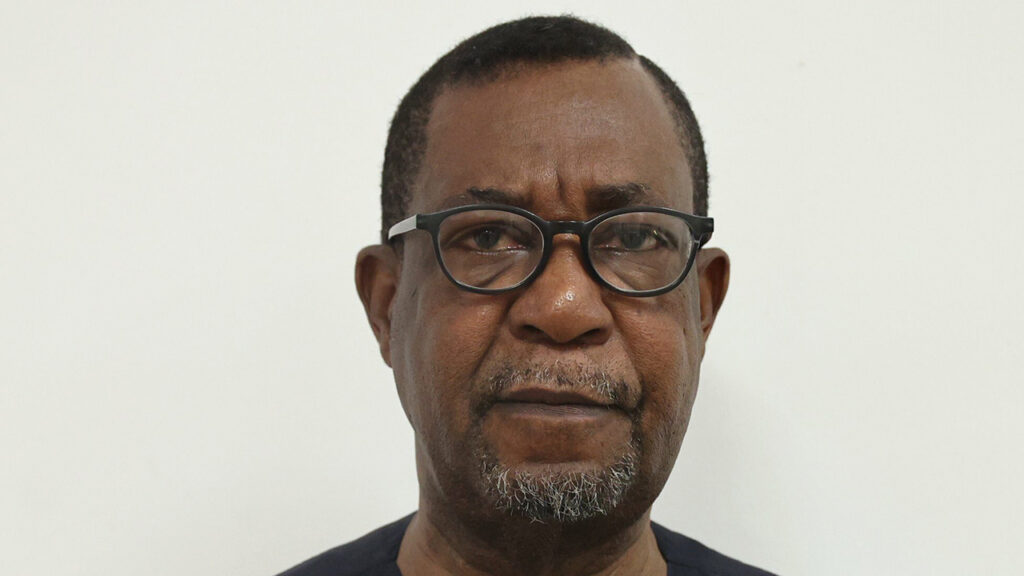• 401 suspected cases in state, Lagos Island, Kosofe, Eti Osa record highest numbers
• CAPPA tasks govt on citizens’ access to safe public water
A new update on the current cholera epidemic has revealed that despite efforts to contain the disease, stakeholders in Nigeria’s health sector need to do more, and urgently.
The Nigeria Centre for Disease Control and Prevention (NCDC) had, on June 13, 2024, announced it found 1,141 suspected cases. Of the figure, 65 were confirmed while 30 deaths were said to have been recorded across 96 local councils in 30 states. The data was collected between January 1 and June 11, 2024.
According to the centre, 10 states: Bayelsa, Zamfara, Abia, Cross River, Bauchi, Delta, Katsina, Imo, Nasarawa and Lagos bore 90 per cent of the burden in the country.
Fresh figures, yesterday, however, showed a worsened scenario as Lagos State alone recorded 401 suspected cases and 21 deaths.
The state’s last update had reported 350 suspected cases and 15 fatalities.
Special Adviser to the Lagos State Governor on Health, Dr Kemi Ogunyemi, who made the disclosure, said Lagos Island, Kosofe, and Eti Osa had the highest number of cases.
Ogunyemi gave the update following a meeting with members of the Lagos State Public Health Emergency Operations Centre (PHEOC).
She said the rise in cases had been anticipated on account of Sallah festivities that drew large gatherings.
She noted however that suspected cases were subsiding across local councils due to interventions and surveillance by the state government.
The Special Adviser stressed that the state government, through the Ministry of Health and other sister agencies, was maintaining rigorous surveillance, monitoring the situation, and implementing planned programmes and activities to curb the spread.
“The Ministry of Health, in collaboration with the State Ministry of Environment and its agency, the Lagos State Environmental Protection Agency (LASEPA), continues to collect samples of water sources, food, and beverages to identify the sources of contamination. We have also intensified our surveillance activities in communities, particularly in affected local council areas, to address the situation head-on.
“We are also working with the Ministry of Basic and Secondary Education as well as the Ministry of Tertiary Education to ensure all precautions are taken to protect children and scholars as they return. Residents must, however, remain vigilant, practice good hand hygiene, and participate in community sanitation activities to stop the spread of cholera,” Ogunyemi said.
She further advised that citizens seek medical attention immediately if they experience symptoms such as watery diarrhoea, vomiting, abdominal pain, general malaise, and fever.
She noted that cholera treatment is provided free of charge at all public health facilities.
Stressing that Governor Babajide Sanwo-Olu remained committed to ensuring that residents of Lagos received quality and affordable health care, the Special Adviser extended the gratitude of the state government to local, national, and international partners, including UNICEF, WHO, NCDC, NIMR, Red Cross, and others, for their support in combating the outbreak.
She added: “Appreciation is also extended to the dedicated team of doctors, nurses, pharmacists, lab scientists, environmental health officers, Water Corporation officers, surveillance officers, heads of agencies, members of PHEOC, and volunteers who are working around the clock to combat the disease and keep Lagos safe.”
THIS came as the Federal Government announced plans to urgently investigate water quality across the country.
In a statement, the Permanent Secretary of the Ministry of Water Resources and Sanitation, Alhaji Shehu Aliyu Shinkafi, said the emergency response includes dispatching specialised teams to test water samples in affected regions.
He said the ministry also aimed to support state and local efforts at curbing the outbreak through enhanced hygiene practices and anti-open defecation campaigns.
He urged the public to boil drinking water, maintain strict hygiene, and seek immediate medical attention for symptoms.
According to Shinkafi, the ministry, through the Water Sanitation and Hygiene (WASH) in Emergency Technical Working Group (WiETWG), is urgently reaching out to states’ technical working groups and Rural Water Supply and Sanitation Agencies (RUWASSAs), where applicable, to address the outbreak.
He said before the outbreak, the national WiETWG had trained states’ working groups on preparedness, prevention, and response mechanisms, as well as on hygiene promotion and water safety planning approaches.
He added: “The ministry will continue to provide updates as received from the Nigeria Centre for Disease Control (NCDC) and our response efforts as the situation evolves.”
RELATEDLY, Corporate Accountability and Public Participation Africa (CAPPA) urged the Federal Government to prioritise access to public water.
It said the recurring crisis was a direct consequence of the government’s failure to invest in safe public water supply.
In a statement released by Media and Communications Officer, Robert Egbe, the Executive Director, Akinbode Oluwafemi, was quoted as saying: “While sensitisation efforts are necessary, they fall short without addressing underlying issues. Cholera, an infectious disease that causes diarrhoea and severe dehydration, is typically spread through unsafe water and food contaminated with the bacterium Vibrio cholerae.
“To prevent future outbreaks of cholera and safeguard public health, political will is required. There must be an intentional and substantial budgetary investment in public water delivery and sanitation systems across the country, particularly in informal and marginalised communities.”
Also, CAPPA’s Policy and Research Officer, Zikora Ibeh, said while the Lagos government acknowledged the severity of the outbreak and announced that urban slums and overcrowded areas were particularly at risk, the acknowledgment must translate into actionable plans and solutions that prioritise public welfare over corporate interests.
“Nigeria’s cholera problem is also a matter of the inequality in our society. For instance, Lagos, which hosts millions of inhabitants and presents itself as one of the most progressive cities in the country, still lacks adequate public water supply and sanitation facilities: two fundamental human rights essential for the well-being of people.”
Ibeh added: “Yet, the state’s continued underinvestment in public water infrastructure, massive retrenchment of public water workers and transfer of water responsibilities to third-party vendors and market-oriented investors seeking to make cut-throat profits from the basic needs of citizens dismiss and exacerbate this issue. This has left many residents, especially low-income earners and informal community inhabitants, unable to afford the cost of water, reliant on unsafe water sources, and exposed to preventable diseases.”
CAPPA called on federal and state authorities to institutionalise the development of adequate public water supply systems to ensure that all citizens, regardless of their socio-economic status, have access to clean and safe drinking water. It also urged the government to fund public health facilities and improve the capacity of health professionals to respond to emergencies efficiently.
Despite efforts to control it, cholera has remained a major public health problem in many developing countries.
In Nigeria, since the first appearance of an epidemic in 1972, intermittent outbreaks have occurred. The latter part of 2010 was marked by a severe outbreak that began in the North and then spread to the other parts, leaving a trail of about 3,000 cases and 781 deaths.
Again, an outbreak was recorded in October 2020, which escalated to several parts of the country for most of 2021.
Despite being preventable and easily treatable, children continue to suffer from the potentially fatal disease.
According to the World Health Organisation (WHO), researchers estimate that every year, there are as many as four million cholera cases globally and about 143,000 deaths.
In response to this burden, a roadmap by the Global Task Force on Cholera Control (GTFCC) targets a 90 per cent reduction in deaths and an elimination of the disease in about half of the 47 cholera-endemic countries by 2030.

